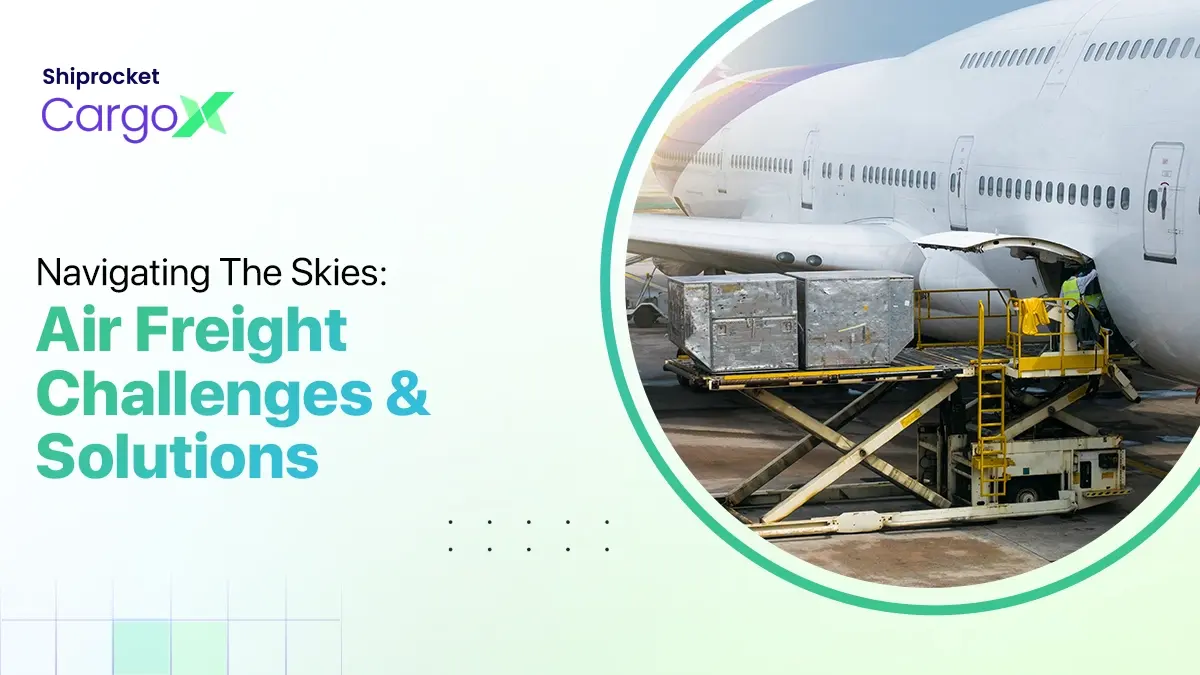The Role of Artificial Intelligence (AI) in Logistics
As we move ahead with the time, the term ‘Artificial Intelligence (AI)’ is becoming a part of our daily conversations. We hear all sort of things about machine learning and robotics technology making a global impact by optimizing the process we perform to do a task more efficient and less time-consuming. eCommerce logistics or shipping is such an industry where AI has started showing its influence by making supply chain management a more seamless process.
What is Artificial Intelligence
In simple terms, Artificial Intelligence (AI) is the ability of a machine (or a combination of different devices) to make intelligent decisions (similar to what humans can take) based on the available dataset. Such machines can learn on their own to make more corrective decisions based on the choices they made along with the collected data. This process of self-learning by machines is also known as machine learning.
How AI making the Warehouses More Advanced
Many different eCommerce companies have already started utilizing the robots to automate the process of product sorting and packaging. Robots are programmed to pack a product and sort it based on the delivery requirements.
AI Helping in Finding Quickest Delivery Route
Necessity is the mother of invention. In the case of the logistics sector, this necessity is the Travelling Salesman Problem (TSP), which is used to understand the shortest possible route needed by a salesman to the given list of locations. In simple terms, what will be the time taken to deliver the package most efficiently?
If you look at it from the basic level, there are myriad ways to deliver a wide variety of items. However, there is a need to analyze information related to the task of completing deliveries, such as delivery schedules, real-time traffic, and so on. As the demand for consumer needs have increased, it has become more challenging to take the right business decisions. To cater to this one should have a well-defined supply chain cost process in place.
AI Assisting in Last Mile Delivery
The last mile delivery in this age of eCommerce is all about creating a personalized experience for the customer. After the order is placed, the executive will be assigned to look after it and process it, and then they need to provide an ETA for the delivery based on dynamic data. To manage all this data becomes a very tedious task.
This is where the significance of Artificial Intelligence comes in as it enables you to manage even the most elaborate dataset properly. Through AI, you will be able to leverage data platforms and create datasets to regulate patterns and anomalies. The data patterns are based on predictive analysis. Moreover, the implementation of artificially intelligent drones for last mile delivery have already started taking place in parts of the world.
Voice Assistants to the Rescue
Artificial Intelligence can also be seen taking shape in logistics through voice assistants. Amazon’s Alexa is one such example, which can help customers track their orders placed with the logistics partner DHL. You can ask Alexa about your package and it will tell you where it is. Alexa can even route calls to the customer support of the courier, in case the customer is facing issues with their package.
At every level of logistics, AI has a role to play. Warehouses utilize AI to automate and interconnect the internal processes within. Advanced methods, such as geocoding and location intelligence are being used for optimum performance. The B2B and B2C sectors also use AI-based systems to allocate vehicles and choose the most optimized routes for cars.
The world where we live leaves a digital footprint in almost all activities, and that serves as the stepping stone for machine learning algorithms. It is about time that AI will take over manual decisions and deliver packages more effectively.







Great content. I would just like to add on that With the growing digitization of the professional world, more and more companies are adding artificial intelligence (AI) to their supply chain in order to maximize their resources by reducing the time and money spent on figuring out how, where and when to send a package to a certain place.